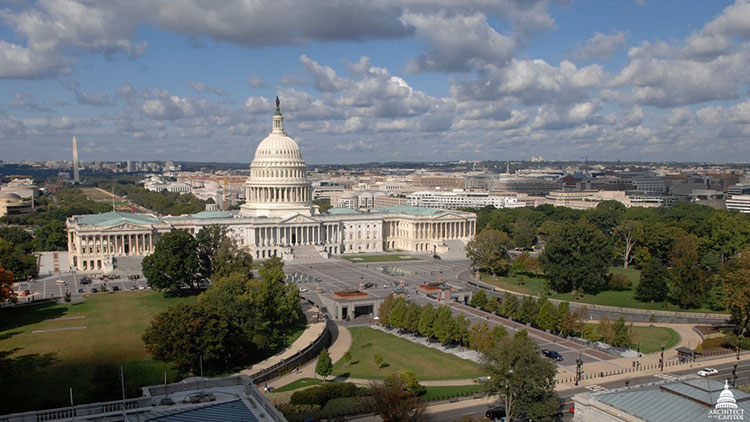Senate Judiciary Committee Approves Neil Gorsuch for Supreme Court

The smarter way to stay on top of broadcasting and cable industry. Sign up below
You are now subscribed
Your newsletter sign-up was successful
The Senate Judiciary Committee voted along sometimes bitterly divided party lines (11 to 9) Monday to approve federal appeals court judge Neil Gorsuch for the empty seat on the Supreme Court, replacing the late Antonin Scalia.
That came after more than four hours of statements for and against, with a number of Democrats saying they would have more to say during floor debate.
Currently it takes 60 votes to confirm a Supreme Court nominee, and Democrats have threatened to filibuster the nomination. But the Republicans are pledging to change the rules—the so-called "nuclear option"—so that it only requires a simple majority. Gorsuch is expected to be confirmed by the Senate under that nuclear option by the end of the week.
In Monday's business meeting at which the vote was taken, Democrats raised issues with the ad campaigns pushing for Gorsuch, while Republicans pointed out similar progressive "dark money" that had been used to advocate for Democratic picks or against Republicans who opposed them.
Gorsuch was also criticized by some Democrats for the issues he has raised about the limits of the Chevron deference generally accorded agencies—per Supreme Court precedent—to interpret vague statutes. He has argued that it should be up to the courts to do the clarifying and that giving federal agencies that power runs into equal protection and separation of powers issues.
Democrats fear that weakening Chevron is a way to weaken the ability of those agencies to protect the air and water and privacy—critics of the FCC's broadband regulation under former Democratic chairman Tom Wheeler argued that it was exceeding its authority in its interpretation of statute.
Gorsuch said that if the issue of overturning the Chevron deference doctrine came up in his role as a justice, he would "try to come at it with as open a mind as a man could muster."
The smarter way to stay on top of broadcasting and cable industry. Sign up below
The judge during his four-day confirmation hearing stood up for the value of anonymous speech when grilled about the Citizens United case and said another thing he would keep an open mind on was cameras in the court.
Contributing editor John Eggerton has been an editor and/or writer on media regulation, legislation and policy for over four decades, including covering the FCC, FTC, Congress, the major media trade associations, and the federal courts. In addition to Multichannel News and Broadcasting + Cable, his work has appeared in Radio World, TV Technology, TV Fax, This Week in Consumer Electronics, Variety and the Encyclopedia Britannica.

